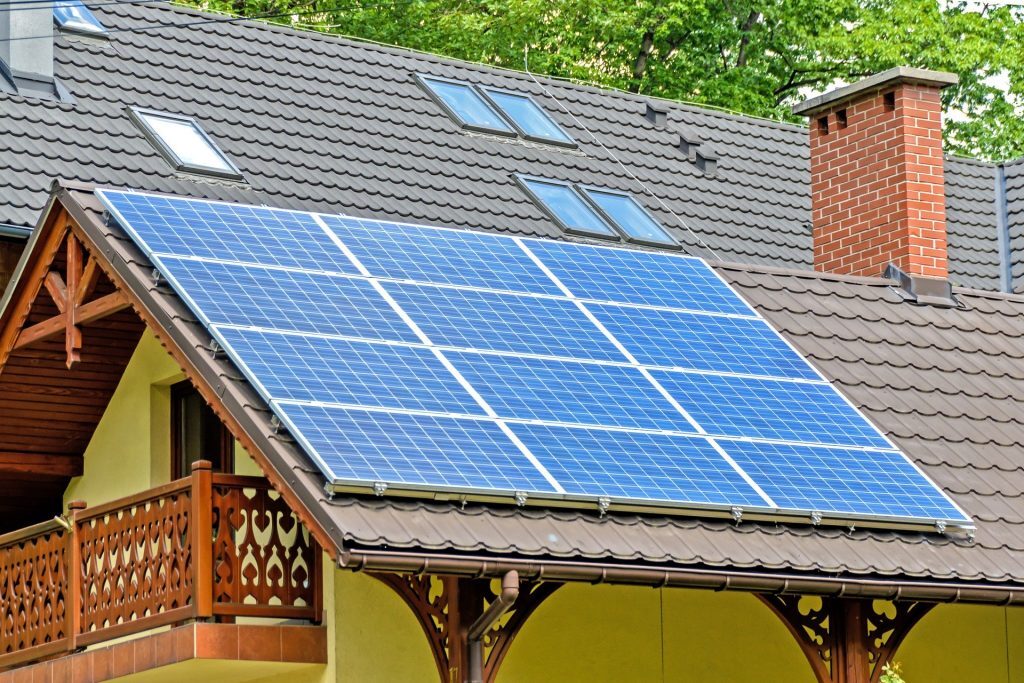South Africans that make use of solar backup power (and that number is growing thanks to load shedding), may be severely impacted by new energy regulation revisions planned by the National Energy Regulator of South Africa (Nersa).
The revisions include a revised electricity pricing methodology which will affect end-consumers according to their usage. It details three main groups of consumers: big power users, normal power users and on-grid solar and self-generating power users.
That last group’s electricity demands fluctuate according to their needs and the availability of the sun for a particular period. According to Nersa, each category user must pay tariffs based on the actual cost of supplying electricity to them.
This means a few things: it’s cheaper to feed power to big power users, so they will likely pay less for the electricity they use in big amounts. These users currently subsidise 14% of the normal users’ electricity costs because it’s more expensive to feed power to these users.
Those with solar power don’t need a constant supply from Eskom, which makes it more expensive to feed power to them. This means their tariffs will be reliant on the cost of running Eskom’s expensive diesel-powered open-cycle gas turbines (OCGTs).
The utility holds that the cost of providing these users with power costs more because it’s not constant. “Generation units serving peak load, on the other hand – open-cycle gas turbines and pump storage – are much more costly to run, which means the tariffs of those users will be higher,” Moneyweb reports.
Nersa’s methodology revision wasn’t granted by the court, and it’ll have to make use of the current system for at least the next financial year.
Source: Moneyweb




